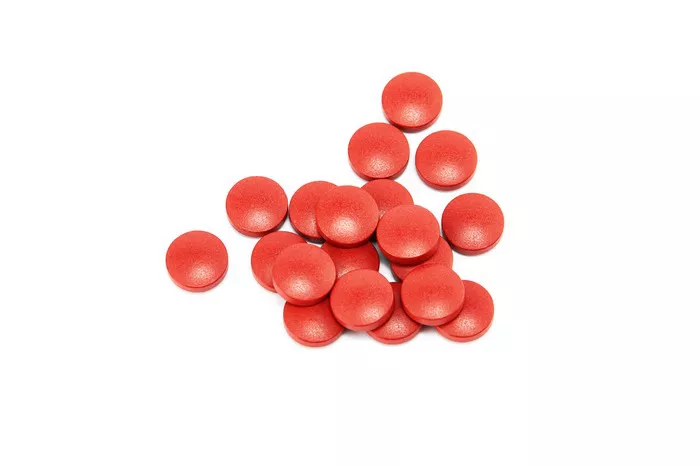Local honey has been touted as a natural remedy for allergies for many years. The theory behind this is that consuming local honey can help to desensitize the body to local pollen, reducing the severity of allergy symptoms. In this article, we will explore the evidence behind the claim that local honey is good for allergies.
What are allergies?
Allergies are a common condition that occurs when the immune system overreacts to a normally harmless substance, such as pollen, dust, or pet dander. When you are exposed to an allergen, your immune system produces antibodies that trigger the release of histamine and other chemicals, leading to symptoms such as sneezing, runny nose, and itchy eyes.
What is local honey?
Local honey is honey that is produced by bees in a specific geographic region. The idea behind using local honey as a natural remedy for allergies is that the honey contains small amounts of local pollen. The theory is that consuming small amounts of local pollen through the honey can help to desensitize the body to the pollen, reducing the severity of allergy symptoms.
Is local honey good for allergies?
While the theory behind using local honey as a natural remedy for allergies is appealing, there is little scientific evidence to support this claim. Most studies have found that consuming local honey does not provide significant relief from allergy symptoms.
One study published in the Annals of Allergy, Asthma & Immunology found that consuming local honey did not provide any significant relief from allergy symptoms compared to a placebo. The study involved 36 allergy sufferers who were randomly assigned to consume either local honey or a placebo for eight weeks. The researchers found no significant difference in allergy symptoms between the two groups.
Another study published in the International Archives of Allergy and Immunology found that honey did not have any significant effect on allergy symptoms. The study involved 44 allergy sufferers who were randomly assigned to consume either honey or a placebo for eight weeks. The researchers found no significant difference in allergy symptoms between the two groups.
Why might local honey not be effective for allergies?
There are several reasons why local honey may not be effective for allergies. First, the amount of pollen in honey is typically very small, and may not be enough to desensitize the body to the pollen. Second, the pollen in honey is typically not the same type of pollen that causes allergy symptoms. For example, if you are allergic to tree pollen, consuming honey from bees that collect pollen from flowers may not provide any relief from allergy symptoms.
Third, the pollen in honey is typically not inhaled, which is how most allergy symptoms are triggered. When you inhale pollen, it comes into contact with the mucous membranes in your nose and sinuses, triggering an immune response that leads to allergy symptoms. When you consume honey, the pollen is typically digested in your stomach, and does not come into contact with the mucous membranes in your nose and sinuses.
What are some other natural remedies for allergies?
While local honey may not be an effective natural remedy for allergies, there are several other remedies that may provide relief from allergy symptoms. These include:
Nasal irrigation: Nasal irrigation involves flushing out the sinuses with a saline solution. This can help to remove allergens and mucus from the sinuses, reducing congestion and other allergy symptoms.
Probiotics: Probiotics are beneficial bacteria that can help to support the immune system. Some studies have found that probiotics may help to reduce allergy symptoms, although more research is needed to confirm this.
Quercetin: Quercetin is a flavonoid that has been shown to have anti-inflammatory and antioxidant properties. Some studies have found that quercetin may help to reduce allergy symptoms, although more research is needed to confirm this.
Vitamin C: Vitamin C is an antioxidant that can help to support the immune system. Some studies have found that vitamin C may help to reduce allergy symptoms, although more research is needed to confirm this.
Conclusion
While local honey may be a tasty addition to your diet, there is little scientific evidence to support the claim that it is an effective natural remedy for allergies. Most studies have found that consuming local honey does not provide significant relief from allergy symptoms. If you are looking for natural remedies for allergies, consider trying nasal irrigation, probiotics, quercetin, or vitamin C. As always, it is important to talk to your doctor before starting any new treatments for allergies.
[inline_related_posts title=”You Might Be Interested In” title_align=”left” style=”list” number=”6″ align=”none” ids=”5095,5045,5042″ by=”categories” orderby=”rand” order=”DESC” hide_thumb=”no” thumb_right=”no” views=”no” date=”yes” grid_columns=”2″ post_type=”” tax=””]
































